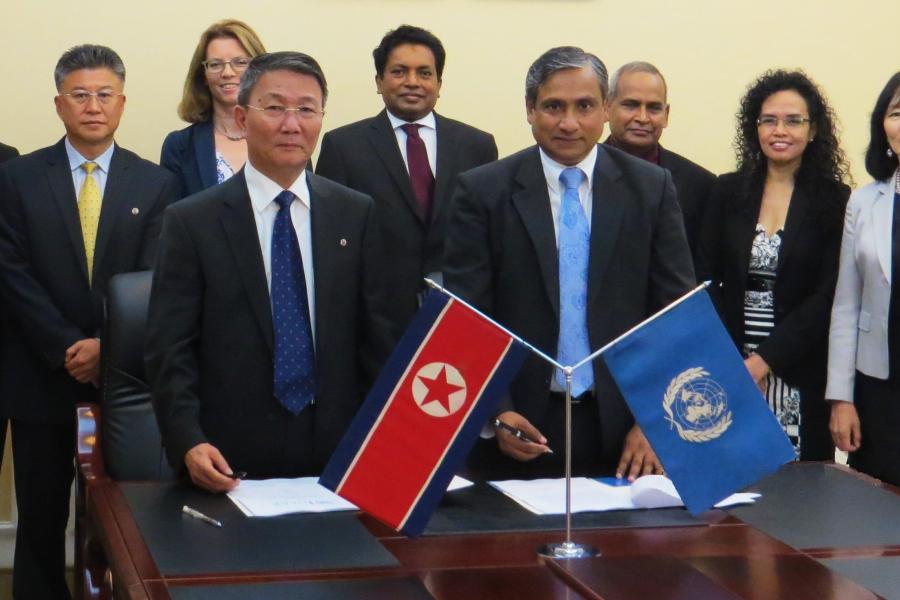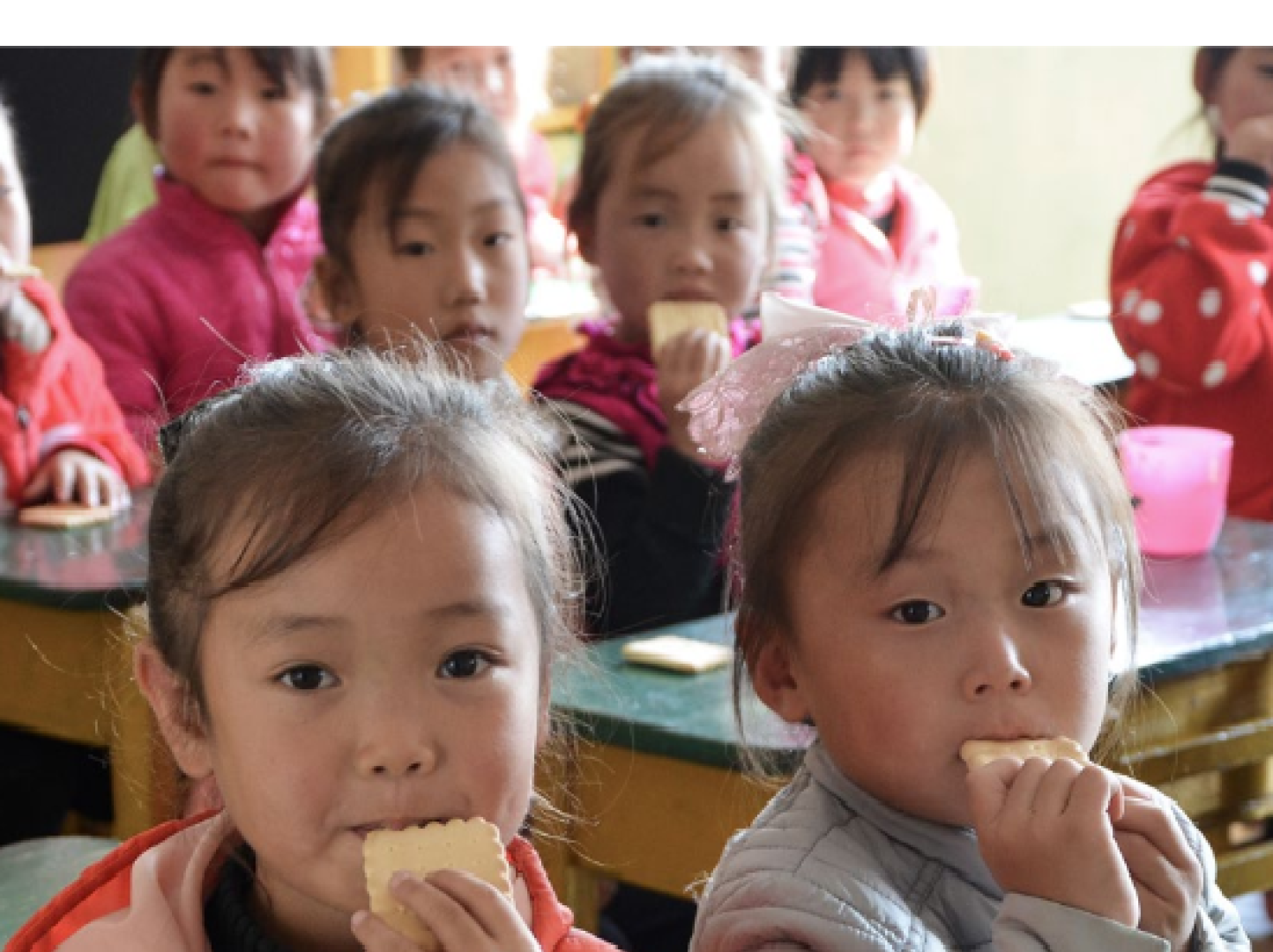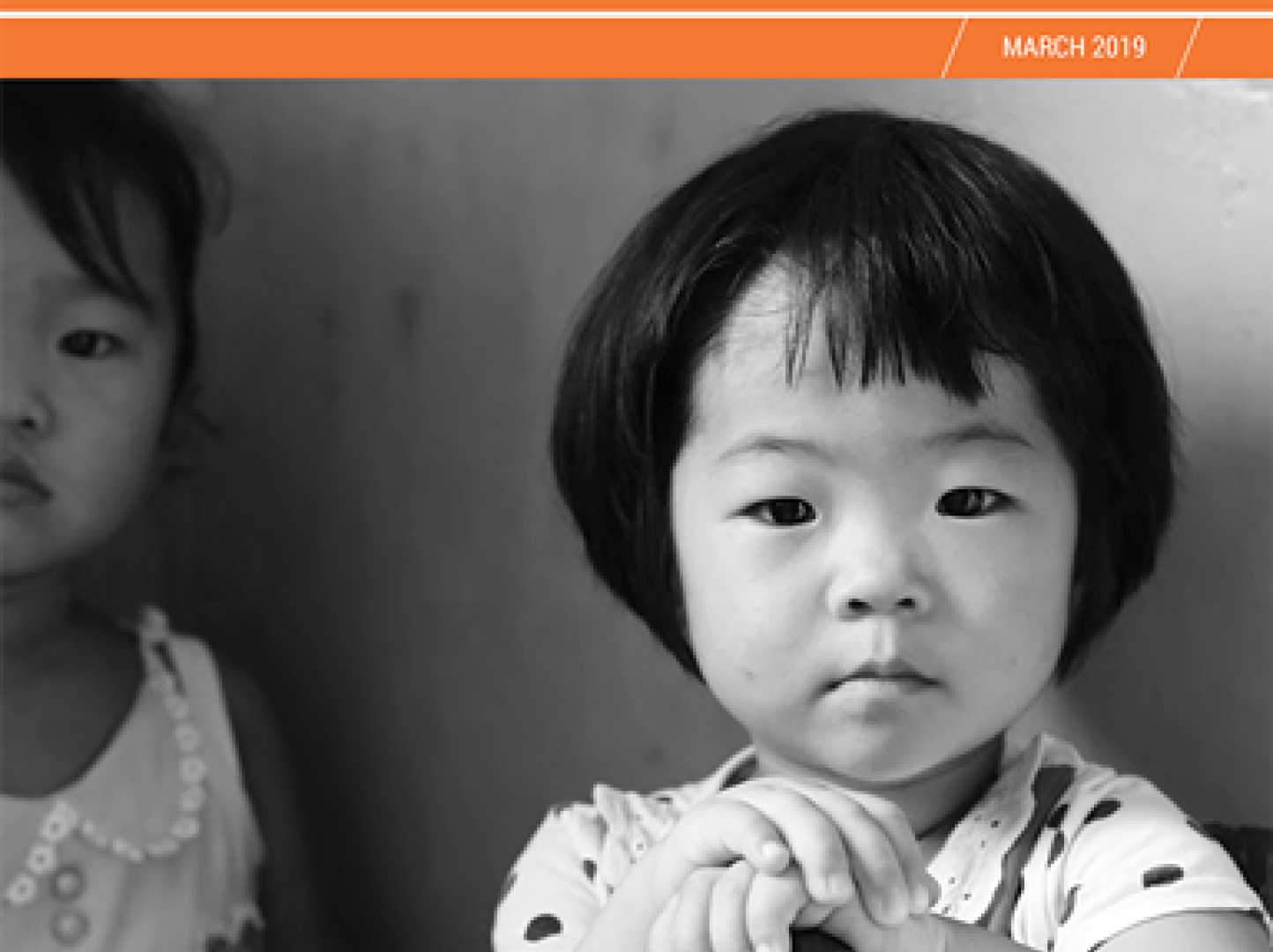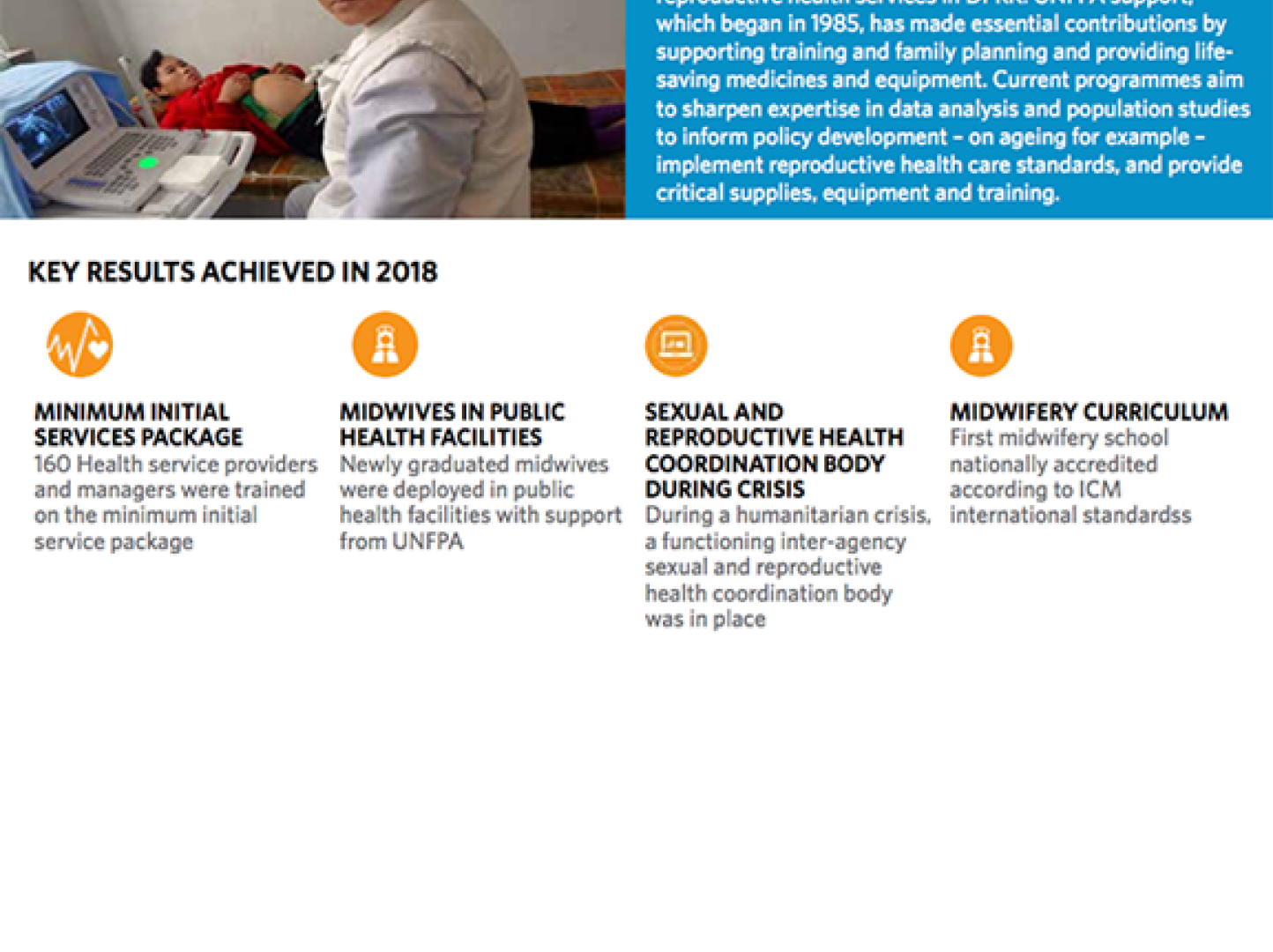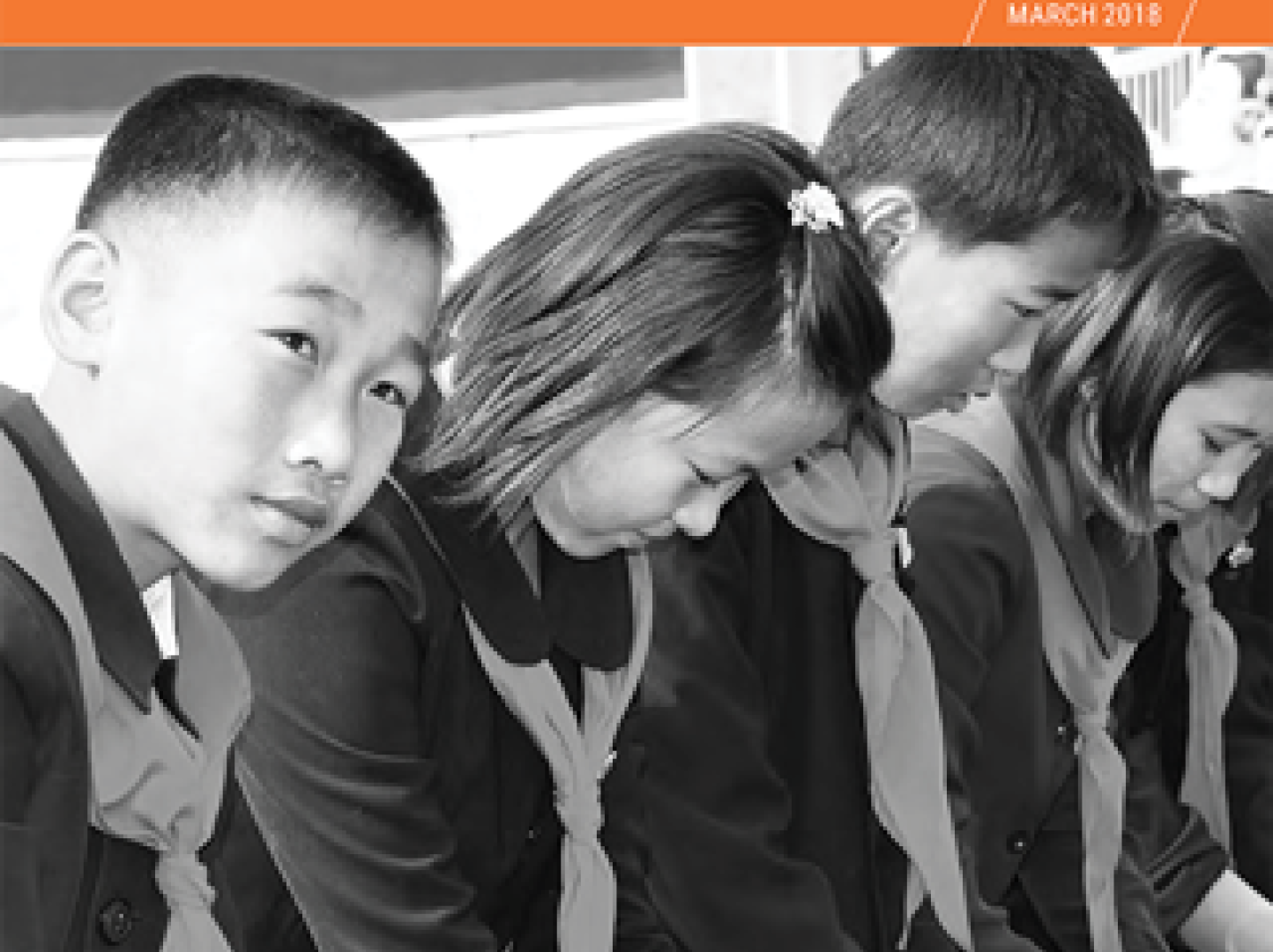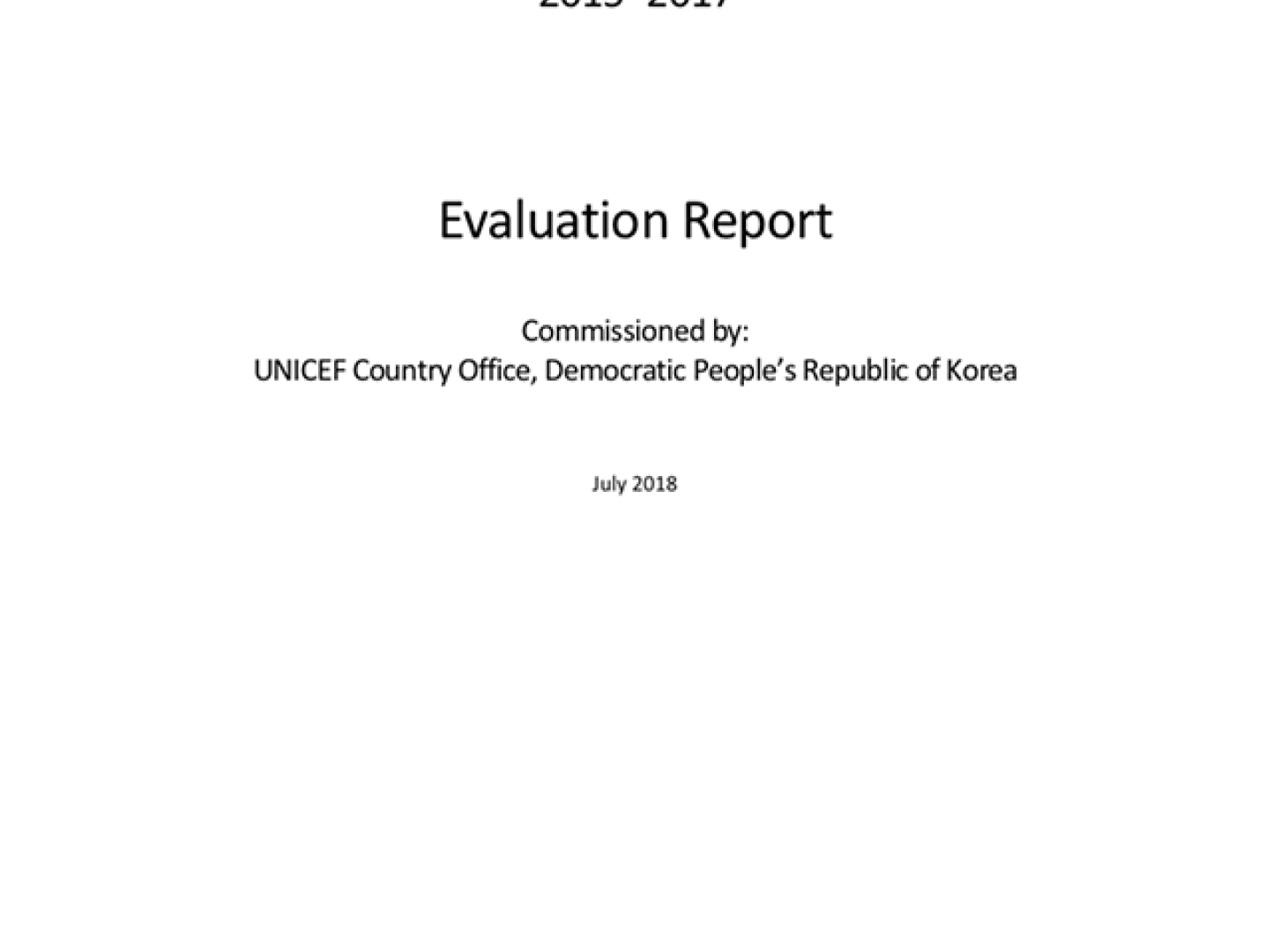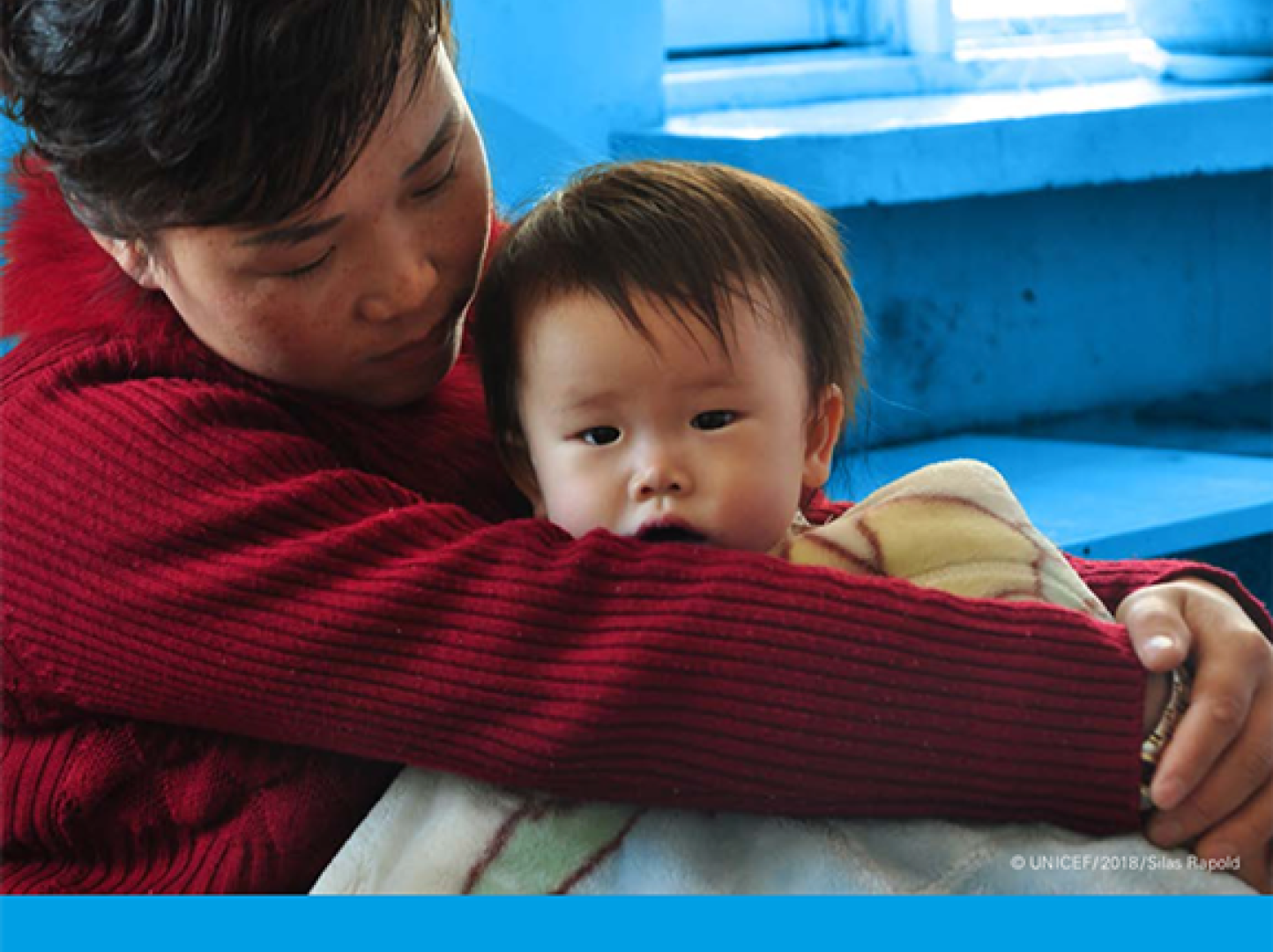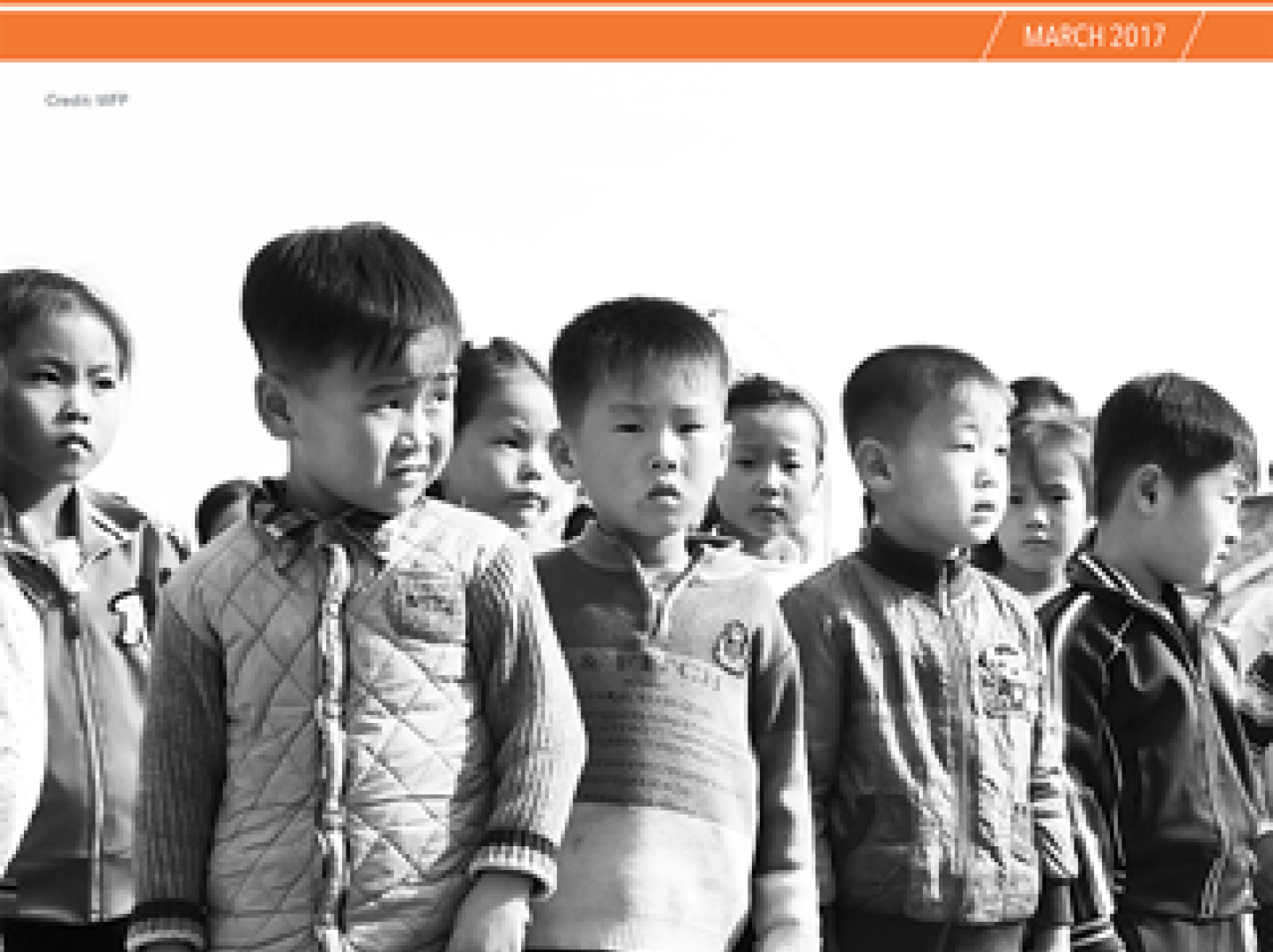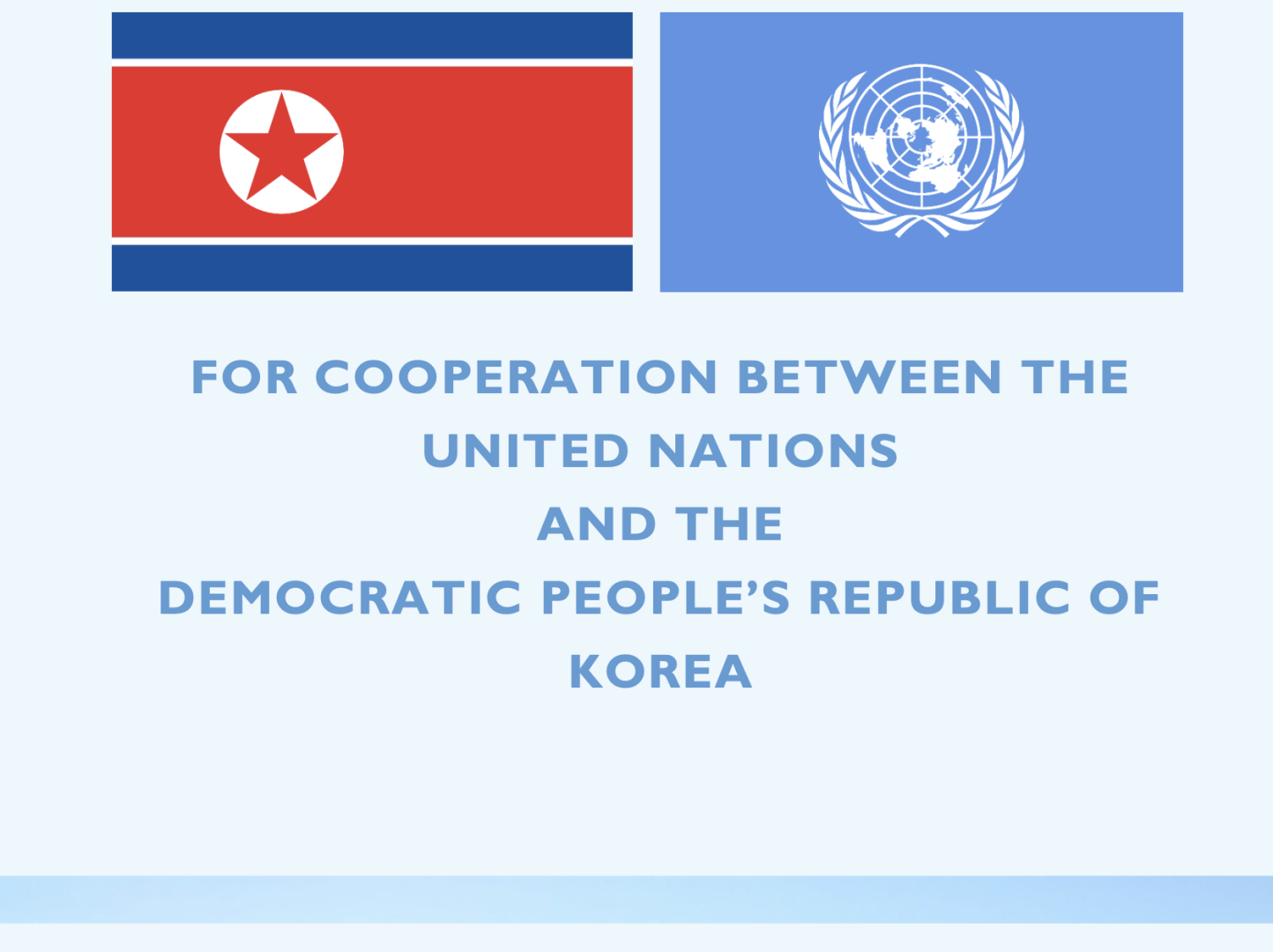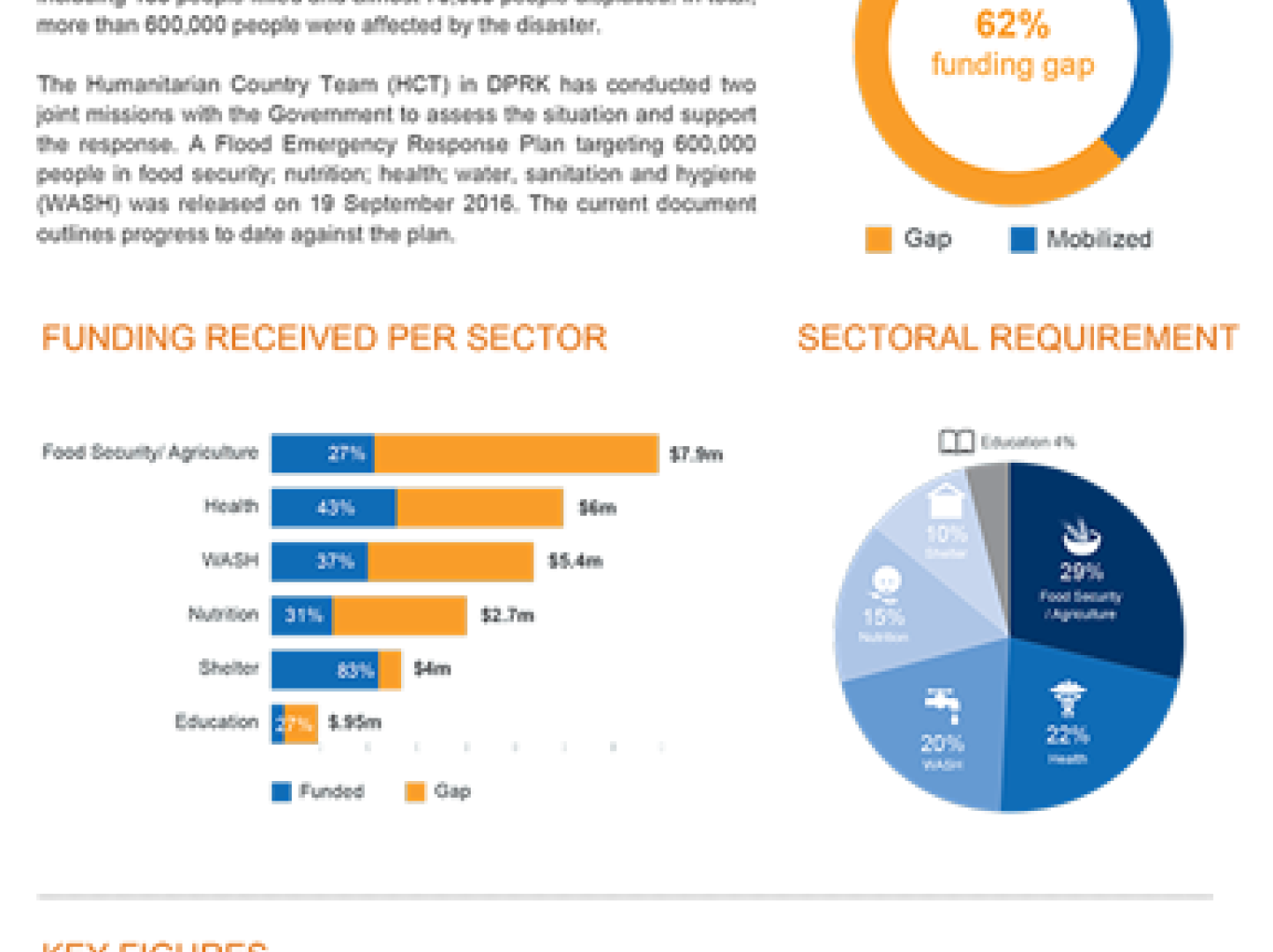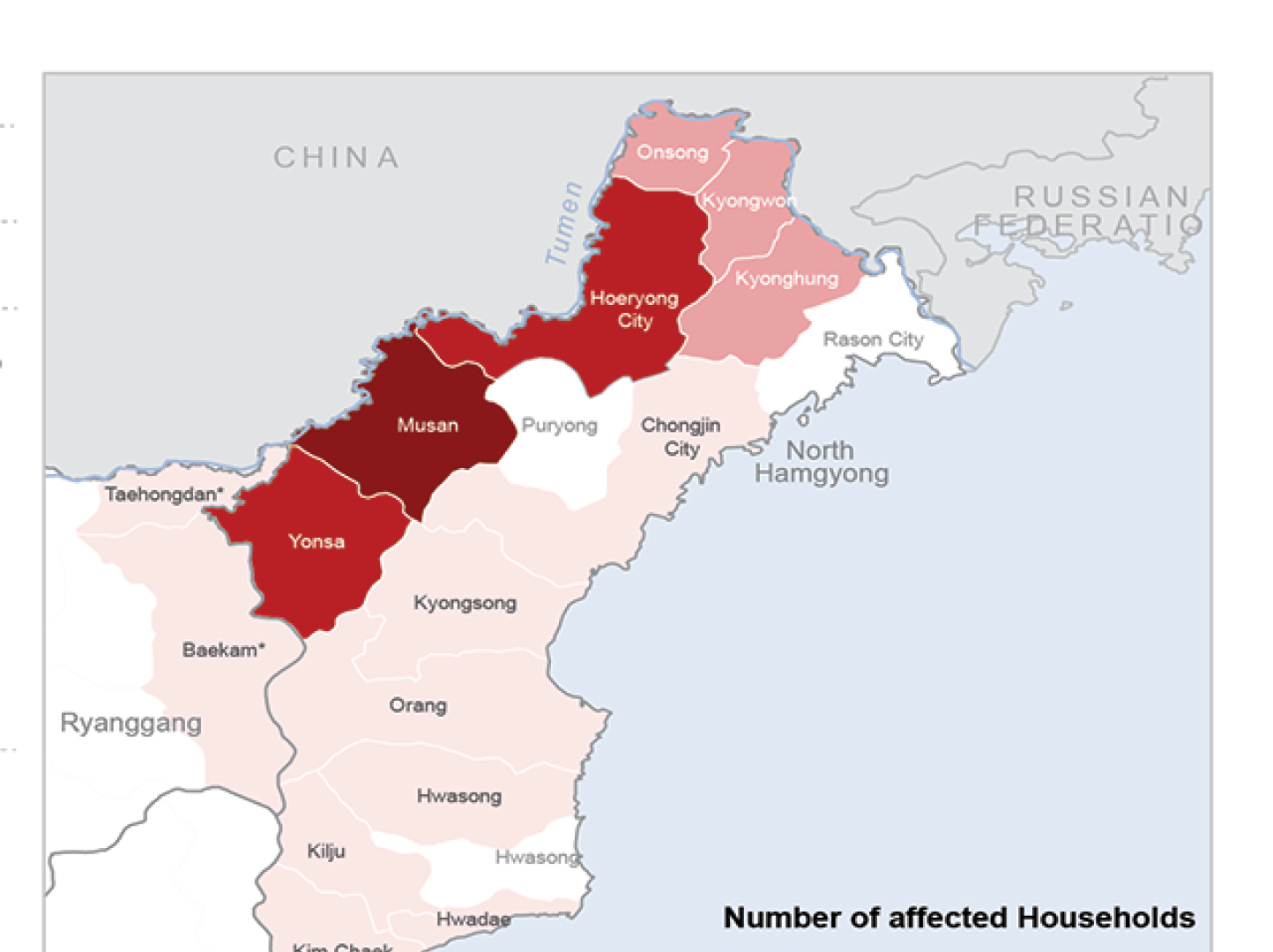Latest
Press Release
26 March 2024
UN Secretary-General's video message on Prevention and Response to Sexual Exploitation and Abuse
Learn more
Press Release
01 March 2024
Secretary-General Appoints Joe Colombano of Italy United Nations Resident Coordinator in Democratic People’s Republic of Korea
Learn more
Speech
20 February 2024
UN Deputy Secretary-General's Remarks at the Asia Pacific Forum for Sustainable Development
Learn more
Latest
The Sustainable Development Goals in DPR Korea
The Sustainable Development Goals are a global call to action to end poverty, protect the earth’s environment and climate, and ensure that people everywhere can enjoy peace and prosperity. These are the goals the UN is working on in DPR Korea:
Press Release
25 March 2024
UN Secretary-General's video message on Prevention and Response to Sexual Exploitation and Abuse
Sexual exploitation and abuse violate everything the United Nations stands for. Perpetrators abuse power; harm and traumatise victims; and tear apart the trust placed in us by the communities we serve – communities already experiencing untold hardship. It is up to all of us to eradicate sexual exploitation and abuse from our work, support victims, and hold perpetrators and their enablers to account. That means leaders taking a zero-tolerance approach, as a priority. It means colleagues reporting on, and acting against, any wrongdoing.And it means Member States properly vetting and training their troops and police officers, responding urgently and decisively to any allegations, and rapidly resolving all paternity claims. Together, let’s stand united under our blue flag, redress wrongs, and stamp out sexual exploitation and abuse for good. Thank you.
1 of 2
Press Release
26 March 2024
Secretary-General Appoints Joe Colombano of Italy United Nations Resident Coordinator in Democratic People’s Republic of Korea
The United Nations Secretary-General Antonio António Guterres appointed Joe Colombano of Italy as the United Nations Resident Coordinator in the Democratic People’s Republic of Korea. He assumes his role on 1 March with the host Government’s approval.Mr. Colombano has over 25 years of experience in international relations and negotiations on political and development issues with the multilateral system, including at Headquarters and in the field. Within the Organization, he served most recently as Head of the Office of the United Nations Resident Coordinator to China in Beijing. He was previously with the Executive Office of the Secretary-General in New York, where he served for almost a decade, including as Director for Sustainable Development. In that role, he coordinated the office’s political strategy to facilitate the international agreement on the Sustainable Development Goals. He also served as Senior Adviser to the World Health Organization (WHO) Special Envoy for COVID-19 in Geneva.An economist by training, Mr. Colombano built a career in development finance, first at the World Bank in Washington, D.C., and later in London, at the European Bank for Reconstruction and Development, including as Adviser to its Board of Directors. His field experience includes roles in the private sector in Bangkok, Thailand; with the Central Bank of the Democratic Republic of the Congo in Kinshasa; in addition to many official missions to the countries of the former Soviet Union.Mr. Colombano is a member of the Advisory Council of the Mossavar-Rahmani Center for Business and Government at Harvard Kennedy School in Cambridge, United States. He is the author of “Learning from the World: New Ideas to Redevelop America” published by Palgrave McMillan, in addition to numerous academic papers on economic development and international affairs.Mr. Colombano holds a master’s degree in public administration from Harvard University, a master’s degree in international political economy from the University of Warwick, United Kingdom, and a Master of Laws in Chinese law from the University of Hong Kong, China. He is married and has three daughters.
1 of 2
Story
25 July 2019
The United Nations’ Strategic Framework for cooperation between the UN Country Team and the Government of DPR Korea – update: extension until 2025
The United Nations’ Strategic Framework for cooperation between the UN Country Team and the Government of DPR Korea came into effect on January 1, 2017, is officially extended to 2025.On 1 January 2017 the current The United Nations’ Strategic Framework for cooperation between the UN Country Team and the Government of DPR Korea came into effect. The Strategic Framework sets out the agreed priorities for the UN's country-level work in the DPR Korea. It was signed on 1 September 2016 by the Secretary General of the National Coordinating Committee of the DPRK Ministry of Foreign Affairs and the UN Resident Coordinator, along with representatives of 13 UN entities.The strategic objective is to support and reinforce national efforts to improve the well-being of the people, paying particular attention to the most vulnerable groups. The UNSF embodies a comprehensive view of the UN's work in the country, encompassing the work of both resident UN agencies as well as non-resident specialized agencies, and it adopts a holistic approach, integrating humanitarian considerations with longer term development.Globally, partners agreed in 2016 on a new way of working aimed at reducing the need for humanitarian action by investing in communities to help them be better prepared for and respond to shocks. Under the current strategy, the UN’s work in DPRK is intended to reflect the seamless relationship between relief, recovery, rehabilitation and development.The UNSF identifies four strategic priorities, which the UN will seek to address at the country level, working in support of Government programmes:Food and Nutrition SecuritySocial Development ServicesResilience and SustainabilityData and Development ManagementIn addressing these four strategic priorities in collaboration with the Government, the UN will apply a number of cross-cutting approaches throughout its work.This is why the overall, uniting theme of this Strategic Framework is "sustainable and resilient human development". It should be viewed in the context of parallel programming processes undertaken by the UN agencies working in DPRK. The UNSF provides an overall strategy, with priorities within which the individual programmes can be designed and implemented.On a common accord, in 2022, the UN Country Team and the Host Country agreed to extend the framework until 2024. The parties agreed in 2023 to further extend the window of implantation of the UNSF until end of 2025. Discussions and collaboration between the Government and the UN Country Team on the next cooperating framework are expected occur in 2024-2025.
1 of 5
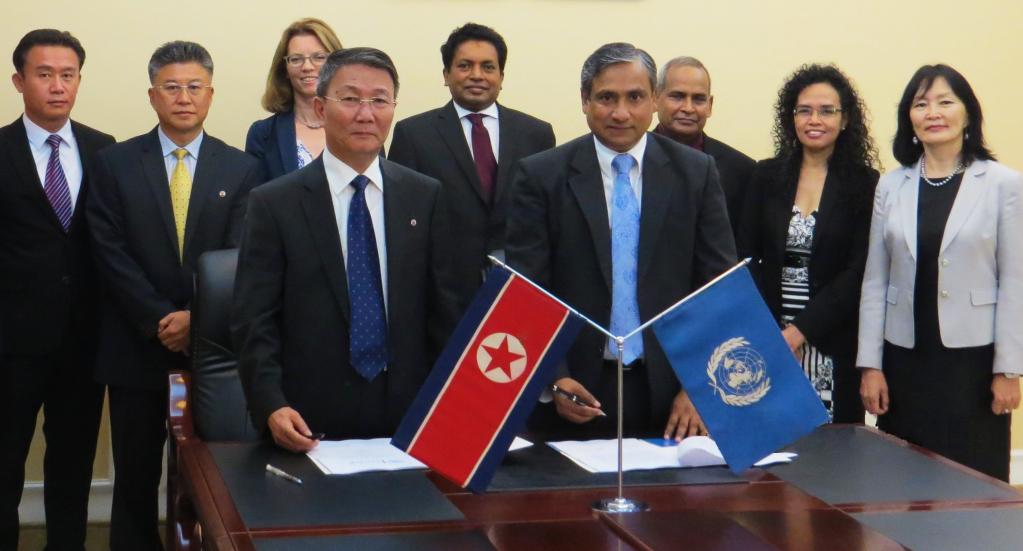
Story
08 May 2020
DPR Korea Needs and Priorities Plan 2020
Humanitarian partners in DPR Korea are appealing for a total of $107 million to provide critical life-saving assistance to millions of people in urgent need of humanitarian assistance.
The 2020 response plan has been developed by humanitarian agencies, under the globally adopted enhanced Humanitarian Programme Cycle (HPC) approach and has strictly prioritized the provision of comprehensive support to those most vulnerable, namely children under-five and pregnant and lactating women.
In-country humanitarian operations in DPR Korea are a critical lifeline for millions of people in this protracted humanitarian situation. Prioritized humanitarian interventions in 2020 are activities to enhance food security, provide urgent nutrition support and increase access to quality and essential health services, clean water and sanitation.
Notably, 10.1 million people suffer from food insecurity and are in urgent need of food assistance. Food insecurity in the country is driven by a lack of access to modern agricultural equipment and techniques; and is amplified by recurrent natural disasters and the impacts of climate change. The prevalence of under-nutrition and malnutrition are a major concern for communities in DPR Korea. An estimated 10.4 million people are in urgent need for nutrition support, threatening a generation of children with reduced development and life opportunities. In addition to food insecurity and malnutrition, needs analysis data for the upcoming year reveals continued and acute humanitarian need across other sectors, including access to quality and essential health services, clean water and sanitation.
In addressing humanitarian needs in 2019, donors support for UN agencies and INGOs allowed humanitarian partners to reach 2.5 million people with humanitarian aid. In 2020, the Needs and Priorities Plan specifically outlines all the humanitarian sectoral interventions, which aim to reach 1.3 million people with food assistance, 2 million people with nutrition support, 5.5 million people with health services and improve access to water and sanitation for over 300,000 people.
However, increased funding is needed to make a sustainable impact on the lives of the most vulnerable people in the country. In his Foreword, the RC a.i. urged “all potential donors and stakeholders to distinguish between broader geopolitical considerations on the one hand, and the urgent humanitarian needs of everyday communities in the country on the other”. Without the necessary support, humanitarian partners risk losing the advances they have made in recent years. To limit and mitigate the impact of food insecurity of the most vulnerable in the country, including women and children, the time to act is now.
1 of 5
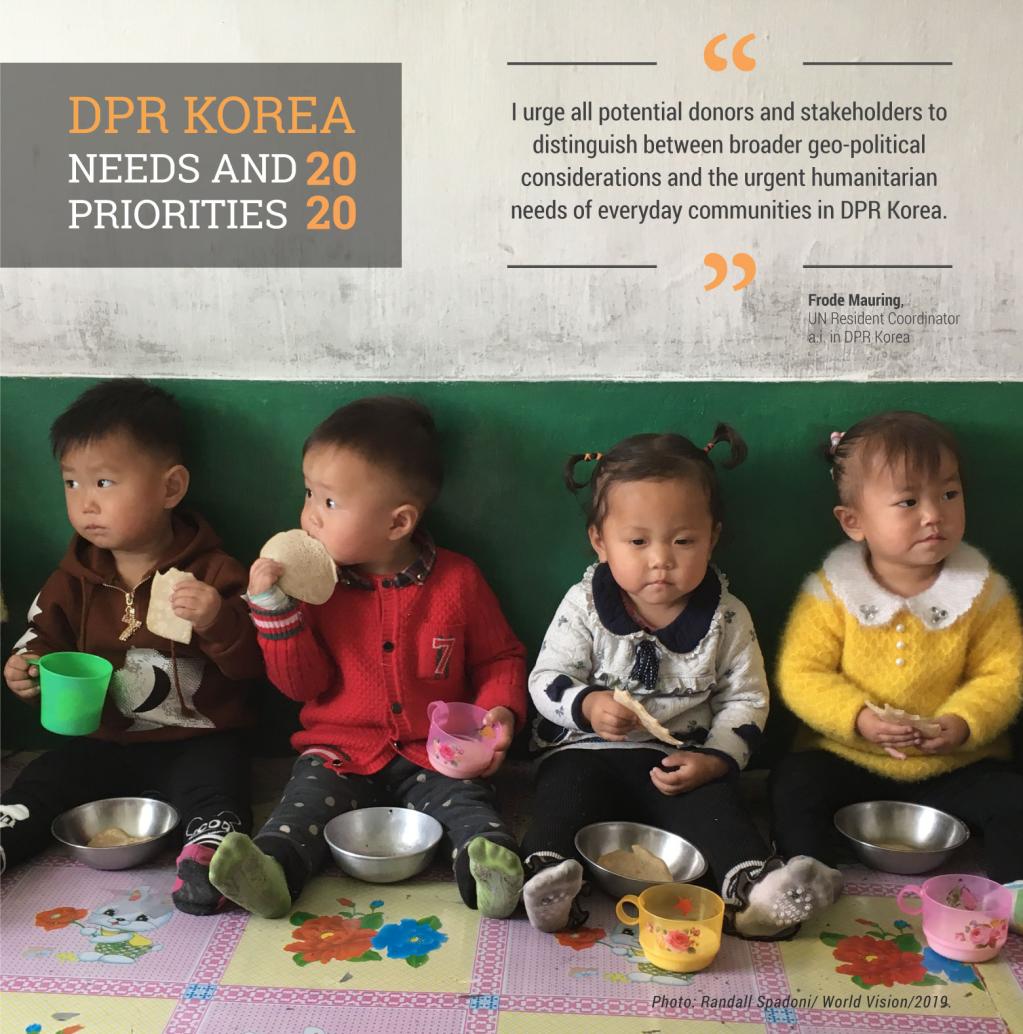
Story
13 March 2020
A Coordinated Response to Coronavirus
On Wednesday, 11 March 2020, the World Health Organization (WHO) characterized the coronavirus (COVID-19) viral disease a pandemic, but it is a pandemic that can be controlled. Coronavirus (COVID-19) is the infectious disease caused by the most recently discovered coronavirus.
Dr. Tedros Adhanom Ghebreyesus, who heads the UN agency, said, in his statement, “Let me be clear: describing this as a pandemic does not mean that countries should give up.”
The UN Secretary-General urged all countries to take a comprehensive approach tailored to their circumstances – with containment as the central pillar. COVID-19 is affecting thousands of people, impacting countries’ health systems and having widespread social and economic effects. The UN entities working on development, the United Nations Sustainable Development Group, are supporting countries in their preparedness and response plans.
This page convenes sources of information and guidance from the World Health Organization (WHO) and the United Nations (UN) regarding the current outbreak of novel coronavirus (COVID-19).
WHO is working closely with global experts, governments and partners to track the spread and to provide guidance to countries and individuals on measures to protect health and prevent the spread of this outbreak.
To stay up to date with the latest information, please visit:
World Health Organization: https://www.who.int/emergencies/diseases/novel-coronavirus-2019
Latest news on the United Nations’ response: https://news.un.org/en/events/un-news-coverage-coronavirus-outbreak
WHO guidance for countries: https://www.who.int/emergencies/diseases/novel-coronavirus-2019/technical
Coronavirus (COVID-19) Situation: https://ex
1 of 5
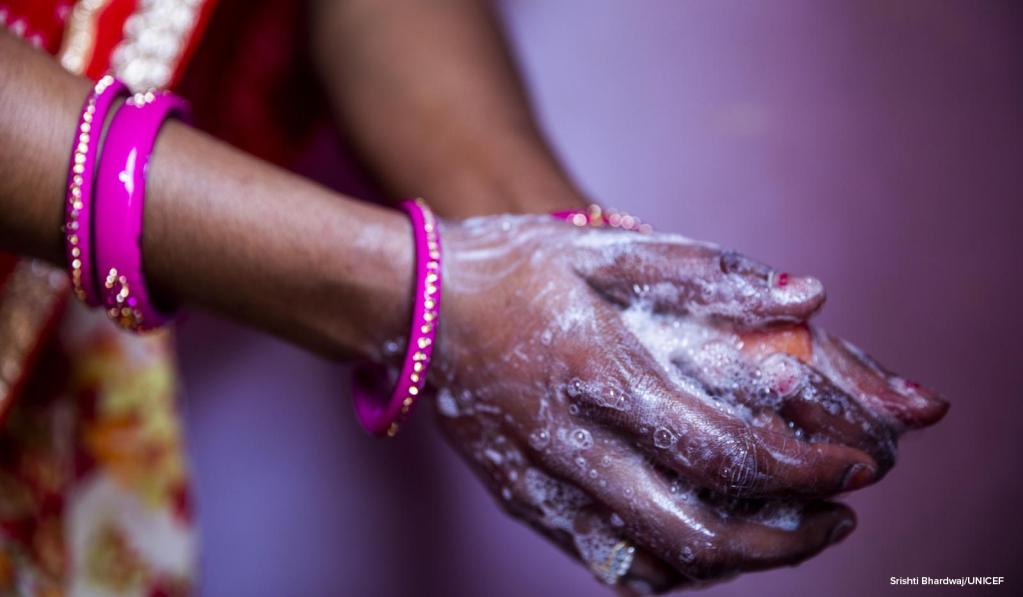
Story
18 September 2019
UNICEF provides nine ambulances to nine counties in DPR Korea
UNICEF Office in Democratic People’s Republic of Korea (DPR Korea) transferred nine ambulances equipped with spare parts to the Ministry of Public Health on 11 September 2019 for County Hospitals in nine convergence counties.
The ambulances are an essential part of the Maternal, Child Health and Newborn Care Programme that UNICEF is working closely with the Ministry of Public Health of the Government of DPR Korea.
Ambulances will be used for the referral of emergency obstetric and newborn care as well as non-obstetric emergency cases from the community to County and Provincial Hospitals which are equipped to manage with quality services in nine convergence counties.
In rural areas, 13 per cent of deliveries still take place in the home and not in health facilities, posing a risk for newborns and mothers according to the Multiple Indictor Cluster Surveys 2017. Also, while the probability of dying before their fifth birthday for children in DPR Korea has declined, the majority (3 out of 5) of remaining under-5 deaths are neonatal. The ambulances will help improve the survival chances of newborns, children and mothers.
The overall goal of UNICEF’s work in DPR Korea is to support the Government in enhancing self-sustaining national capacities so that all children in the country enjoy their rights.
Original article: https://www.unicef.org/eap/unicef-provides-nine-ambulances-nine-counties-dpr-korea
Original article: https://www.unicef.org/eap/unicef-provides-nine-ambulances-nine-counties-dpr-korea
1 of 5
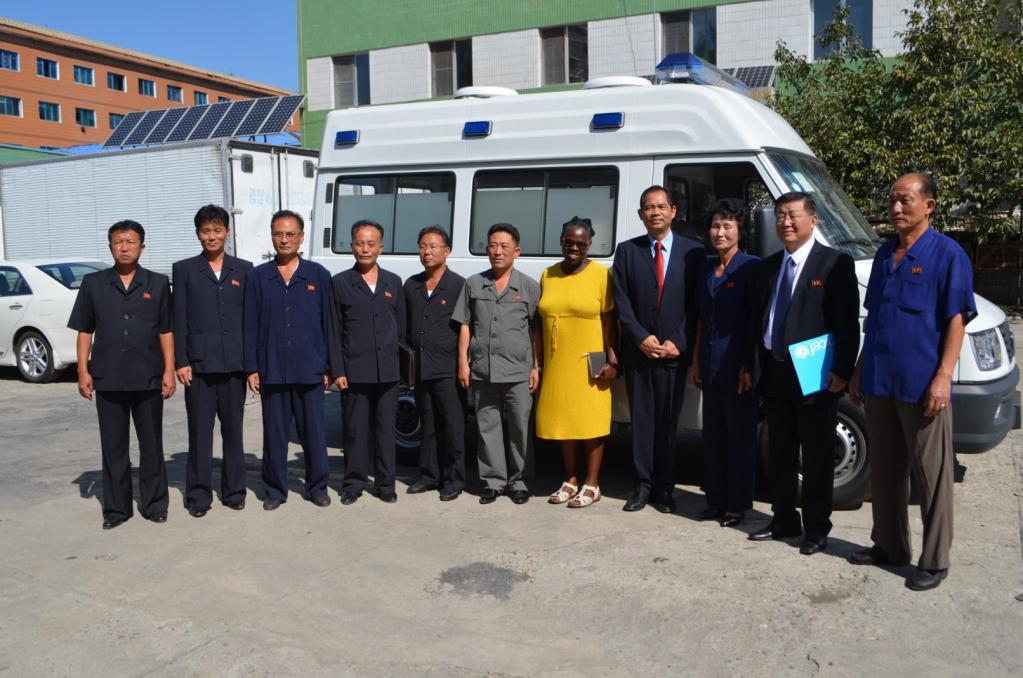
Story
25 July 2019
DPR Korea Needs and Priorities 2019
This support includes activities to enhance food security, reduce malnutrition, increase access to healthcare, water and sanitation services, and build the resilience of vulnerable communities to natural disasters.
The humanitarian community in the Democratic People’s Republic of Korea (DPRK) is urgently requesting US$120 million to assist millions of people in need of humanitarian assistance.
Around 11 million people, or 43 per cent of the population, in DPRK are believed to be in need of humanitarian assistance. Undernutrition continues to be a serious concern with more than one-quarter of children stunted due to a lack of adequate food. People also struggle to access basic services, with a large portion of the population living without a reliable source of safe water and almost a quarter without basic sanitation facilities, contributing to serious health concerns.
The Needs and Priorities Plan focuses on meeting the needs of the most vulnerable people. It outlines how agencies will provide over one million people with food assistance, reach more than two million people with health and nutrition services, and help improve access to safe water and sanitation for over 320,000 people.
This will be achieved by supporting food production, helping farmers adapt to recurrent natural disasters, working to prevent and treat malnutrition, increasing rates of immunization, and ensuring more people have access to safe water and sanitation facilities.
1 of 5
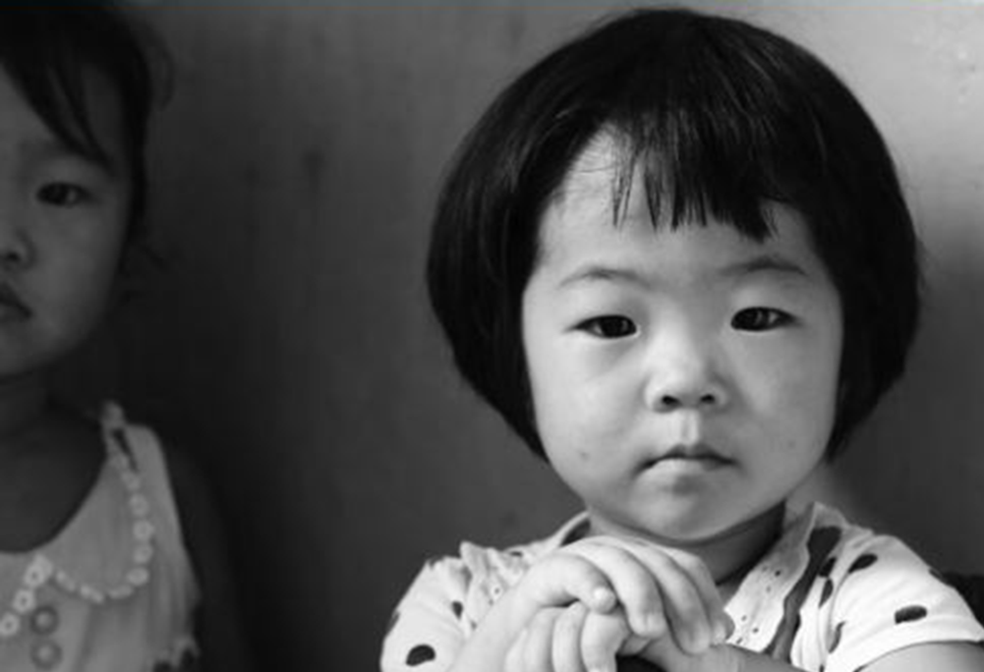
Press Release
11 May 2020
The UN75 Initiative marking the UN's 75th Anniversary
The aim is to reach as many people as possible, listen to their hopes and fears, learn from their experiences and empower them to think and act globally. To facilitate this outreach, the UN has built partnerships with youth, civil society, business and media organisations and created the UN75 one-minute survey.
The United Nations was founded in 1945 to support collective action to realize peace, development and human rights for all. This UN75 initiative, announced by Secretary-General António Guterres, seeks to spark dialogue and action on how we can build a better world despite the many challenges we face.This year's commemoration of UN Day and the 75th anniversary will feature a large and inclusive global conversation on the role of global cooperation in building the future.
In calling for participation, the Secretary-General said: “No country, no community, is able to solve the complex problems of our world alone. We need to come together, not only to talk, but to listen. It is absolutely essential that you all join the conversation. We need your opinion, your strategies and your ideas for us to be able to deliver better for the people of the world that we must serve.”
Please join the conversation:
Take our one-minute survey and share it widely: www.un75.online
Check out the UN75 toolkit with guidelines on how to join, and inspire conversations and amplify voices through channels and communities for people to talk and be heard.We will be adding more information on online dialogues in the coming days;
Follow @JoinUN75 and #UN75 on social media (Twitter, Facebook, Instagram) and add your voice to the testimonials from people who have already taken part.
The information gathered – alongside the results of global opinion polling and media analysis – will feed into a global vision for 2045, the year the UN turns 100. It is expected to increase understanding of threats to a sustainable, inclusive future for all, and drive collective action to achieve that vision.
1 of 4
Press Release
25 July 2019
Torrential rains and flooding bring devastation to DPRK
The heavy rains also caused the Tumen River to overflow, leading to severe floods and landslides, particularly in North Hamgyong Province. Almost 20,000 houses have been destroyed, in addition to schools, health clinics and other critical infrastructure. Floodwaters have destroyed agricultural land with standing crops nearing harvest largely unsalvageable, livestock lost and kitchen gardens destroyed. An estimated 140,000 people require assistance, especially vulnerable groups such as pregnant women, people with disabilities, the elderly and children.
Following the disaster the Government of DPRK responded by mobilizing civilian volunteers and redirecting construction support to the impacted areas. UN agencies and international NGOs in DPRK are responding to the urgent needs and are providing immediate shelter relief, food, non-food items such as kitchen sets and nutritional assistance, as well as water purification and health care supplies. The Government has committed to providing full access for monitoring and follow up on distribution of relief items to the affected areas.
“The situation will become aggravated as winter is approaching and temperatures will rapidly plunge below zero degrees,” said the UN Resident Coordinator, Mr. Tapan Mishra. “The Government is doing its utmost to make sure that the situation stabilizes before the onset of winter and humanitarian organizations working in DPRK stand ready to support in any way possible.”
“DPRK has suffered from flooding in the past, but this is the largest disaster in recent memory and the impact is devastating,” said Mr Mishra. “We must do everything we can to bring humanitarian and recovery relief to those affected.”
Humanitarian activities are exempt from the ongoing sanctions placed on DPRK and UN agencies are working to ensure aid swiftly reaches those who need it most.
1 of 4
Press Release
25 July 2019
DPR Korea Receives US$ 8 Million From UN CERF
These funds will enable life-saving assistance for more than 2.2 million people most vulnerable and at risk of malnutrition. The DPRK was one of nine countries to receive such grants within the overall $100 million allocation to underfunded emergencies.
Undernutrition is a fundamental cause of maternal and child death and disease: in DPRK, chronic malnutrition (stunting) among under-five children is at 27.9 per cent, while 4 per cent of under-five children are acutely malnourished (wasting). Around 70 per cent of the population, or 18 million people, are considered food insecure. Food production in the country is hampered by a lack of agricultural inputs and is highly vulnerable to shocks, particularly natural disasters. Due to drought in 2015, 11 per cent of the main harvest was lost.
Health service delivery, including reproductive health, remains inadequate, with many areas of the country not equipped with the facilities, equipment or medicines to meet people’s basic health needs. Under-five children and low-birth-weight newborns are vulnerable to life-threatening diseases, such as pneumonia and diarrhoea if they do not receive proper treatment or basic food, vitamins and micronutrients.
CERF funds will be used to sustain critical life-saving interventions aimed at improving the nutrition situation in the country through reduction of maternal and under-five child mortality and morbidity. More than 2.2 million people, including 1.8 million under-five children and 350,000 pregnant and lactating women, will benefit from assistance provided by CERF funds.
"The commitment and support of the international community is vital. Protracted and serious needs must be addressed" said United Nations Resident Coordinator for the DPRK, Mr. Tapan Mishra. "Humanitarian needs must be kept separate from political issues to ensure minimum living conditions for the most vulnerable people."
The United Nations will continue to work towards addressing the structural causes of vulnerabilities and chronic malnutrition through its interventions agreed with the DPRK Government.
1 of 4
Press Release
25 July 2019
Socio-Economic, Demographic and Health Survey Published
The CBS conducted the Survey with technical and financial support from the United Nations Population Fund (UNFPA), to contribute to the availability of up-to-date, accurate and credible data. This data is crucial for the government and the international community working in DPRK to ensure an efficient, targeted, and rights-based response to humanitarian crises among agencies.
Among the key findings from the SDHS are the following:
The population of DPRK is estimated at 24.2 million in 2014 (for population in private households and civil institutional living quarters only). This is a slight increase from the population of 23.3 million that were counted in the 2008 population and housing census, representing an annual growth rate of 0.6 percent.
Life expectancy at birth for females is 75.6 years, while that of males is 68.2 years. This represents a difference of close to 7 years between females and males.
There are 216 persons per square kilometer in DPRK, a slight increase from 208 persons per square kilometer in 2008.
The average number of children per woman (aged 15-49) in 2014 was 1.89. This reflects a declining trend in fertility from 2.2 in the 1993 Census and 2.01 in the 2008 Census.
The Survey further provides data on housing characteristics, social and economic characteristics of the population, fertility, family planning, reproductive health, mortality, and population ageing.
The SDHS was conducted and analyzed using internationally acceptable standards and techniques, and provides credible information on the social, economic and demographic characteristics of the people of the DPRK. The Survey is based on a nationally representative sample of 13,250 households.
If you have any technical questions on the SDHS report, please feel free to contact UNFPA (Mr. Kundur Sathyanarayana, Ph.D. Email km@unfpa.org).
1 of 4
Latest Resources
1 / 11
Resources
03 August 2019
1 / 11

